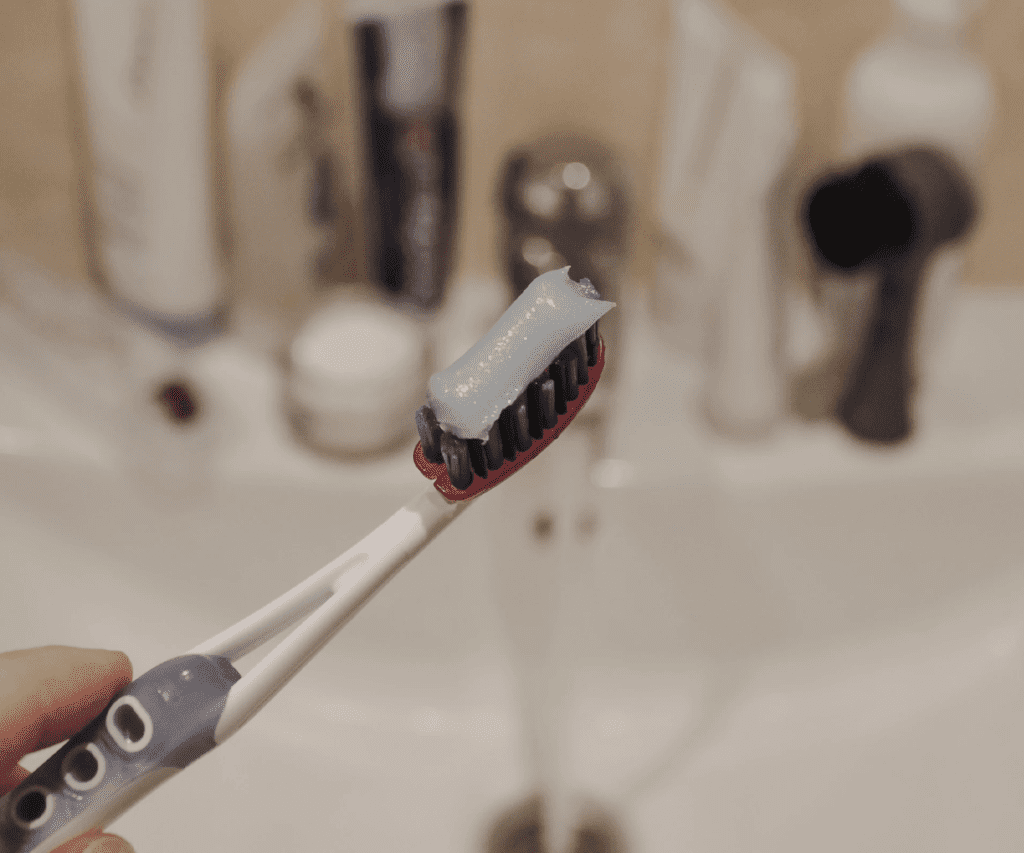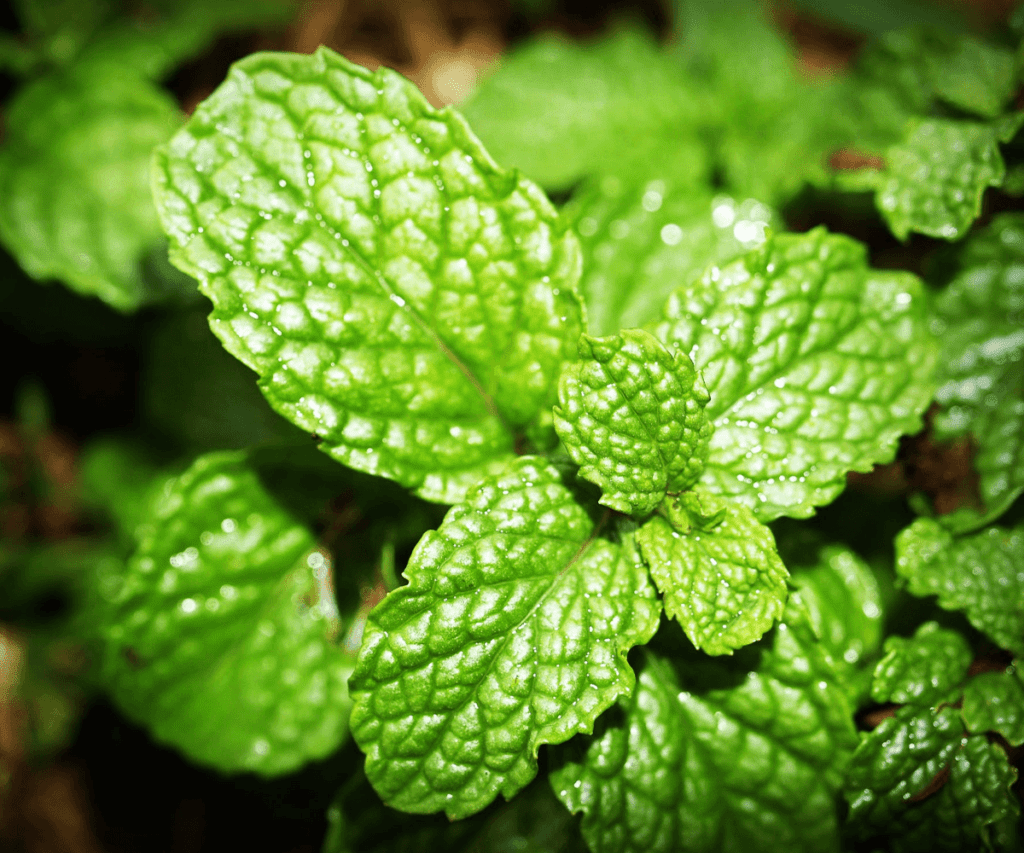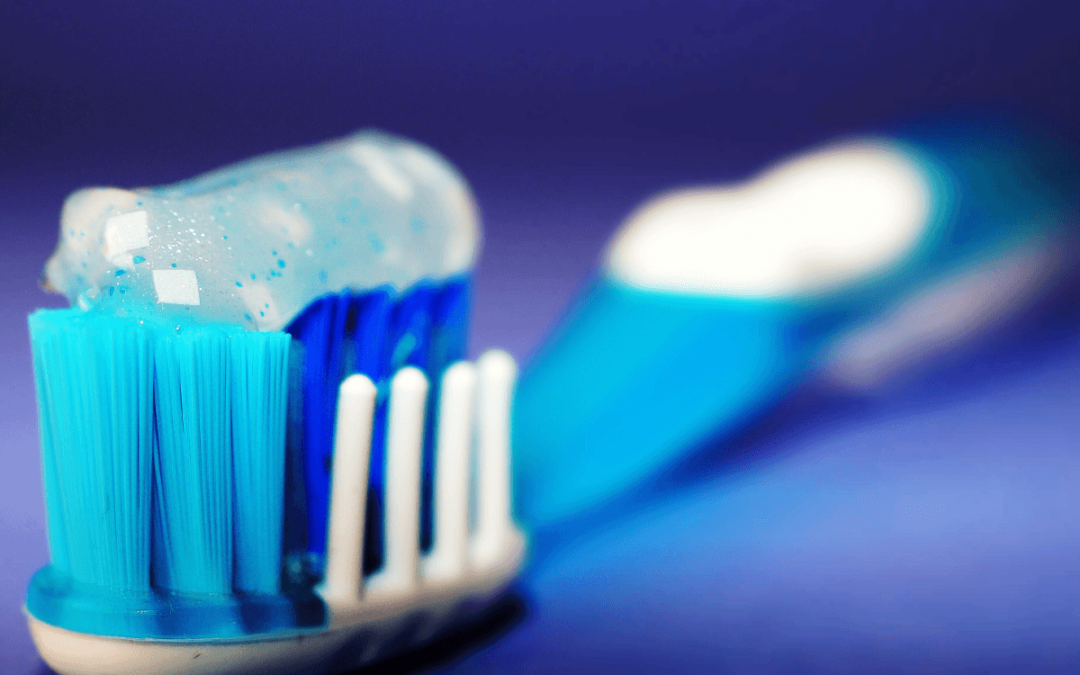Since we only get once set of adult teeth, it’s no wonder many of us are on the watch for innovative products to take care of them. We all want to prevent tooth decay, cavities, and stained teeth, and there are so many products on the market for these purposes that it can get quite confusing, to say the least, when trying to navigate proper dental health. And between the rumored risks of chemicals like fluoride in dental products and articles by natural-remedy bloggers, deciding what’s best and safest can be daunting. According to trends on the internet, activated charcoal toothpaste will bring your teeth back to a shiny, white, pearl-like finish and coconut oil is a good supplement to toothpaste altogether when mixed with the right minerals and abrasive substances.
When it comes to oral care, however, untested natural remedies may not always be the best way to go. Since oral health is so vital to overall well-being, it’s important to choose products and methods that have passed clinical testing and are proven to protect enamel, prevent tartar buildup, and maintain healthy teeth, gums, and oral tissue. So keep reading to learn more about what actual dentists have to say about some of the biggest internet trends in toothpaste and oral care, because at Mill Dam Dental Care we’re here to help you navigate the waters of proper dental hygiene.
Activated Charcoal for Pearly White Teeth
Most of us know that activated charcoal can be a powerful detoxifying force. Emergency rooms use it to treat the ingestion of certain poisonous chemicals, and now popular natural-remedy blogs are claiming that it can be used to detoxify the mouth and whiten teeth. It makes sense right? If activated charcoal can pull toxins out of your intestines before they have the chance to poison the body, why can’t they pull stains, toxins, and more out of the teeth?
While toothpastes that include activated charcoal can seem to whiten teeth and help bad breath, the truth is that there is no scientific data to back up the claims that these products help oral health overall. In fact, the opposite may be true. Most evidence that charcoal can help the teeth is anecdotal at best, and is blatantly false at worst. In truth, activated charcoal may do more harm than good.
Because charcoal is made of hard substances like nutshells, wood, and bamboo, and treated then ground finely to create activated charcoal powder, brushing regularly with these products can actually be so abrasive to the teeth that the enamel becomes worn down over time. And because our enamel is the protective coat on our teeth, damaging it inevitably leads to cavities and tooth decay. But, further than that, brushing with charcoal on a regular basis can also wear down the gums and eventually lead to gum disease, which can be an even more eminent risk to oral health than a cavity.
Coconut Oil to Cleanse and Detoxify
Oil pulling isn’t a new trend by any means. It finds its roots in Ayurvedic medicine (ancient Indian methods of looking after one’s wellbeing), and it’s recently found its way into many Western dental routines. Usually accomplished with coconut oil, oil pulling is the method of swishing an oil through the mouth for around twenty minutes, followed by brushing. It’s said to pull toxins out of the body through oral tissues, and it’s rumored to help in preventing stains from things like coffee, wine, and other staining foods and drinks.
And while oil pulling – along with a solid dental routine including brushing and flossing – isn’t going to hurt your oral health one bit, it’s not a magical cure. It’s true that oil pulling can help remove particles of food and plaque from the mouth, but it’s most likely that the simple prolonged motion of swishing supports this benefit. Swishing any liquid would likely result in the same effect, and using a mouth wash with active ingredients proven to support oral health instead of oil pulling would create an overall better result.
Where the danger of the coconut oil trend really comes into play, though, is with the idea of using coconut oil as a toothpaste itself. As stated above, using coconut oil to swish won’t result in any negative effects unless an allergy is present. But the concept of using coconut oil as part of an oral care routine has inundated just about every part of the dental-health isle at the drug store, and toothpastes using coconut oil as the main active ingredient are now an actual thing.
And this is where the danger lies. There is no evidence suggesting that using coconut oil instead of actual toothpaste (with ingredients like fluoride) will promote good oral health. So, by all means, keep swishing with coconut oil. As long as it’s followed by a solid routine using tested, clinically proven products.

Toothpaste Ingredients Proven to Work
In the age of information, there is so much at our fingertips that research can become simply overwhelming. One source says coconut oil is a great toothpaste, but another says to use conventional products instead. And still other sources claim conventional ingredients can cause cancer and the only way to stay healthy is to avoid chemicals altogether. It’s confusing, right? That’s why making sure the information you’re absorbing is accurate is absolutely vital to your health. And we’d be remiss not to help guide you through which information is tested and which is anecdotal. So here are some of the ingredients you SHOULD look for in a toothpaste, ingredients that have been clinically proven to be safe when used as directed and proven to work in fighting against cavities, tooth decay, and gum disease.
- Fluoride
Fluoride, one of the most abundant substances in the earth’s crust, is clinically proven to fight against cavities. Our enamel, the protective coating around our teeth, is even stronger than bone and is naturally equipped to fight against tooth decay. But when we eat foods like sugar and bread – anything that can combine with bacteria to create acids that attack enamel – we’re naturally breaking down our own teeth. Luckily, if we can add fluoride to our daily oral health routine, we can combat that acid all day long as the fluoride bonds to our enamel as a protective layer to build even stronger teeth.
- Abrasives
Now, we’ve already talked about how harmful the wrong abrasives can be for the teeth and gums. Using something too abrasive can result in scratches to enamel and even gums, resulting in poor dental health. However, toothpaste would be completely ineffective without the addition of the right abrasives. They’re what give toothpaste the power to get particles and gunk off the teeth and leave them sparkling clean. In fact, twice a year (during routine cleanings) your dentist will use a super abrasive paste to really get those pearly whites squeaky and shiny. Just beware of abrasives like activated charcoal that aren’t specifically formulated to safely remove gunk from the teeth without scratching the surface.
- Detergents
Don’t be scared of this ingredient! The detergents found in your toothpaste, while it may sound strange to consider putting detergent in your mouth, are perfectly safe and are tested by the FDA to be harmless when used as directed. Detergents are what cause the toothpaste to foam up, making it spread easily while brushing to make sure the entire mouth receives the benefits of using a good toothpaste.
- Flavors
You might not immediately consider flavors to be important in your toothpaste. It doesn’t actively fight against cavities or help protect your oral health. However, the right or wrong flavors can make or break your dental routine, because if you don’t like the way your toothpaste tastes you aren’t very likely to reach for it as often. Studies shows that the wrong flavor toothpaste can subconsciously deter you from brushing your teeth as often as you should, so make sure that you find a tried and true toothpaste that you like the taste of. You’ll be more likely to brush your teeth two to three times a day, rather than skipping out on a brushing or two.

In summary, don’t listen to every oral health trend you hear about on the internet. Just because you read a meme or an article on a website about using activated charcoal to whiten or clean your teeth doesn’t mean it’s tested and proven to work. Be cautious of the steps you add to your dental routine, because making sure to use ingredients and processes that are proven to work is vital to your overall oral health.
Even if you do decide to add in oil pulling or brushing with activated charcoal once in a while, make sure you’re careful those steps don’t take away from vital oral care steps like brushing with a clinically proven toothpaste and flossing. You only get one set of teeth in your adult years, so research what ingredients enter your daily routine and make sure they’re the right fit for you. You’ll live longer with proper dental hygiene, so make sure your routine is tested, tried, and true.

